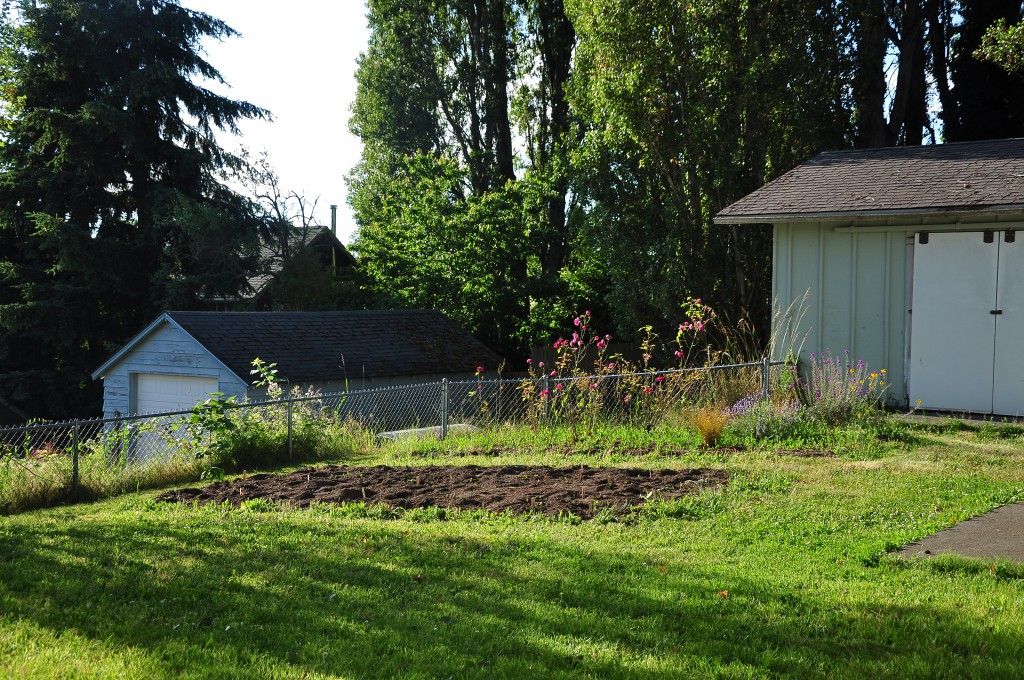We currently serve 4 adults ranging in age from early 20s to early 70s, at 15 different locations throughout North King County and South Snohomish County in Washington state. Our homes are licensed to serve adults 18 and over. Over half of our clients have a genetic disorder called Prader-Willi Syndrome. We are the primary provider of residential services for people with Prader-Willi Syndrome in Washington state. Camelot also serves people with a variety of other developmental disabilities, including but not limited to: cerebral palsy, autism, Down Syndrome, epilepsy and other genetic disorders.
Camelot Society believes in serving people throughout the different stages of their lives and whenever possible our commitment to an individual is lifelong.
Group Training Homes
Group Training Homes (GTH), are programs that serve up to seven individuals all living in one home. The levels of support differs based on the individuals. Our two GTHs are located in North King County, more specifically in Woodinville.
These group homes have had continual success for the past fifty years. The individuals living in these two group home have made incredible progress and some have moved on to the Supported Living Program and others are continuously working toward more independent lives.

Some of our residents enjoy gardening in their free time.
Supported Living
Supported Living (SL) is a program where residents rent a home in the community with Camelot staff support. The degree of support depends on the needs of the individual residents. At the present time all but one of Camelot’s Supported Living Homes have 24 hour staff support. Each home has 1–4 residents living there.
Currently, there are 13 Supported Living sites located in Bellevue, Bothell, Kirkland, Lake City, Lynnwood, Redmond, Shoreline, and Woodinville. Over half of the residents in the SL Program have Prader-Willi Syndrome.
The program has been extremely successful. The clients are reportedly very happy with their current living situations. They are all involved in various community activities, take pride in their homes and enjoy the independence they feel in the Supported Living Program.